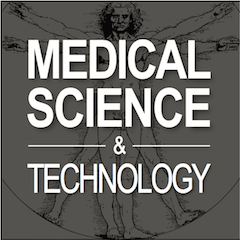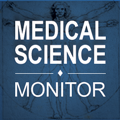Postpartum depression – a review of current knowledge
Ewa Drozdowicz, Radosław Rodzoch, Halina Matsumoto, Michał Skalski, Mirosław Wielgoś, Maria Radziwoń-Zaleska
Med Sci Tech 2013; 54:125-129
DOI: 10.12659/MST.889512
Available online: 2013-08-05
Published: 2013-08-05
Postpartum depression (PPD) affects from 7% to 19% of childbearing women. Several risk factors for PPD have been identified, yet its cause remains unclear. The pathogenesis of PPD may be related to hormonal fluctuations, hypothalamus-pituitary-adrenal (HPA) axis dysregulation, and excessive inflammatory response. Psychometric scales such as the Edinburgh Postnatal Depression Scale (EPDS) are used to screen for PPD. However, to date there is lack of evidence supporting universal antepartum or postpartum screening. Selective Serotonin Reuptake Inhibitors (SSRI) are recommended as first-choice treatment. Psychotherapy has been found to be effective as well. PPD is a serious social issue due to its consequences, including an increased risk of suicide and infanticide. PPD is often under-diagnosed and untreated; therefore, efforts are needed to improve perinatal mental health care. This article summarizes the current evidence on the epidemiology, symptoms, diagnostics, etiology, and treatment of postpartum depression.
Keywords: postpartum depression, postnatal depression, Depression, Pregnancy, Perinatal Care



